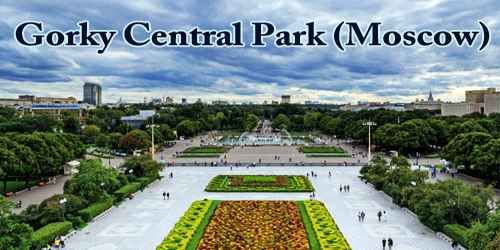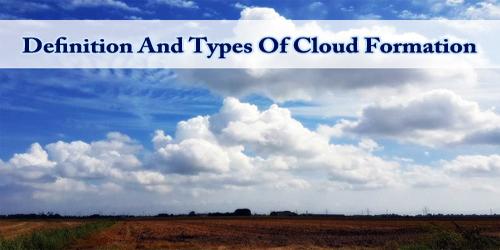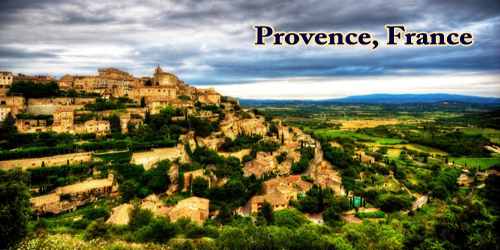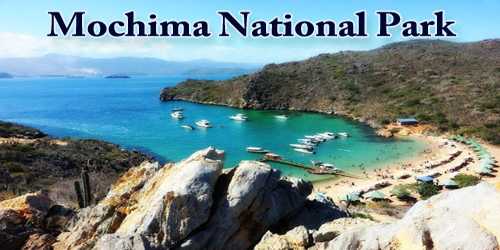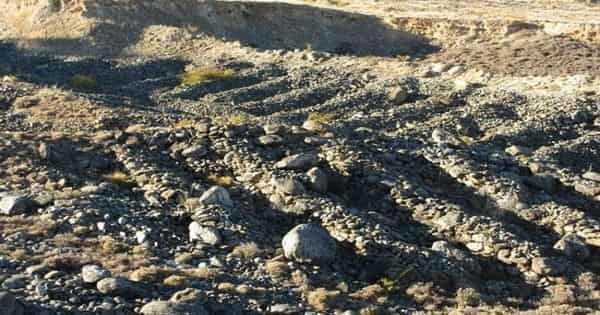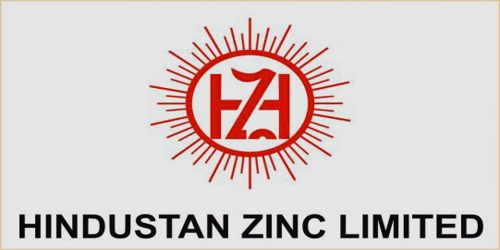Gorky Central Park of Culture and Leisure (Russian: Центральный парк культуры и отдыха (ЦПКиО) имени Горького, tr. Tsentralny park kultury i otdykha imeni Gorkogo, IPA: tsɨnˈtralʲnɨj ˈpark kʊlʲˈturɨ i ˈoddɨxə ˈimɪnɪ ˈɡorʲkava) is a central park in Moscow, and it is one of the best recreational places in the city. Named after the famous Russian writer Maxim Gorky (who was nominated for the Nobel Prize in Literature five times but never won it) and sitting right across the Moskva River, Gorky Park covers 120 hectares of beautiful ponds and green spaces. In August 2018, the Park’s 90th anniversary was celebrated.
Especially it attracts those who like fun and attractions. However, the people who like calmness can sail the boat or catamaran or take a walk to Neskuchny sad (“Not boring Garden”) nearby. Here visitors can always find a quiet place. The Central Park of Culture and Recreation of Gorky is situated on the area of 109 ha and splits into two parts: ground part and Neskuchny Garden.
Popular with both locals and tourists, the park offers a variety of things to enjoy from sunbeds, hammocks, and drinking fountains to free yoga classes and children’s playgrounds. There are free Wi-Fi and sockets for charging your phone, as well as many food stands and plenty of wild animals, including deer, rabbits, and pheasants.
Gorky Park, located at Krymsky Val (ru) and situated just across the Moskva River from Park Kultury Metro station, opened in 1928. The park followed the plan of Konstantin Melnikov, a widely known Soviet avant-garde and constructivist architect, and amalgamated the extensive gardens of the old Golitsyn Hospital (ru) and of the Neskuchny Palace, covering an area of 300 acres (120 ha) along the river. The history of the Neskuchny Garden can be traced back to 1753 when it emerged in the area between Kaluzhskaya Zastava and Trubetskoy Moskva river-side estate. The neighboring area to Neskuchny Garden, from Krymsky Val to Neskuchny Garden, received little attention right up until the 1920s. Initially, it was covered with park gardens, meadows and vegetable gardens belonging to the owners of neighboring estates. It formed a wasteland by the end of the 19th century and served as a waste heap.
The First All-Russian Agricultural and Handicraft Industries Exhibition opened in 1923 on the wasteland that had been cleared during the course of communist community workdays. A resolution for the exhibition was passed on 19th October 1922 and the exhibition opened one and a half years later on 19th May 1923. After bidding for the exhibition’s layout plan, which proposed four arrangements Sokol, Khodynskoye Pole, Petrovsko-Razumovsky park and the river areas near Krymsky bridge preference was given to the last option.
The first recreational park of Russia was opened on the 12th of August 1928. There was exhibition pavilions and culture pavilions, tennis baskets and decorative pool, attractions and Kids town. There were no such place as this park in the world on that moment.
The park was given the name of famous soviet writer Aleksey Gorky in the 1932. Since then it is called Gorky Park. Nowadays Gorky Park is the central park of Moscow and is attended by more than 20 thousand people on weekdays and more than 100 thousand on weekends and holidays. Since 2011 Gorky Park became the first world quality amusement park in Russia with space for rest, sport, dancing and games outside. Free entrance, wi-fi coverage, newly designed recreational zones.
A 15,000 square meter ice rink, with separate zones for children, hockey, dancing, and general skating, was officially opened in December 2011. In winter, a skating school of Alexei Yagudin runs on the skating rink. All of this made Gorky Park a true center of city life, the point of attraction for youth and families. Shortly after he took over the park, Sergei Kapkov (New director of Central Park of Culture and Leisure) was appointed to the role Moscow Government Minister and Head of the Department of Cultural Heritage. Olga Zakharova had replaced Sergei Kapkov and has held the position ever since.
Visitors can rent paddleboats and bicycles to explore the park and from May to October, there is also an open-air movie theater, as well as scheduled presentations by street performers, musicians, and artists. Gorky Park attracts the young and old, so don’t be surprised to see a mix of people exercising, playing chess, and sunbathing. The German hard rock band Scorpions achieved great success with their popular single, “Wind of Change”, which references Gorky Park in light of the sociopolitical changes taking place in a post-Cold War era in Eastern Europe in the early 1990s. Gorky Park is mentioned in the song “Vodka” by Morena, which represented Malta in the Eurovision Song Contest 2008.
Information Sources:
